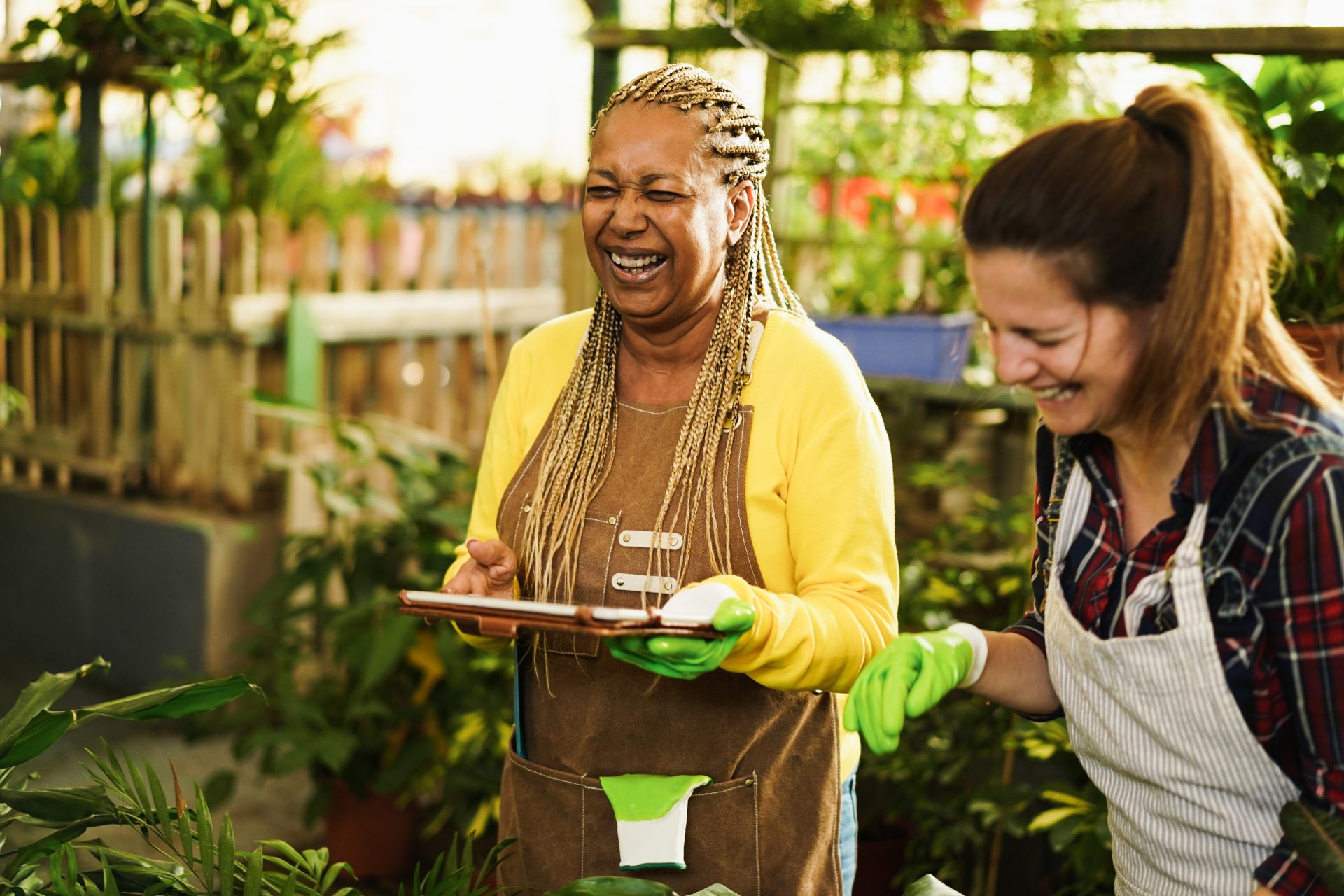Combatting Foodborne Illness with Hydroponic Farming
Food safety is a crucial issue that is of great concern to many Americans. According to a study by the International Food Information Council (IFIC), 50% of Americans view foodborne illness as the most important food safety issue. This is not surprising, as there have been multiple recalls of leafy green and lettuce products due to potential salmonella contamination and other foodborne illness dangers in recent years. Hydroponic farming is a safer alternative to traditional farming in terms of foodborne illness as it significantly reduces the risk of food contamination.
Another major concern among Americans is pesticides. The IFIC study found that 42% of respondents view pesticides as one of the most serious food safety issues. Container farming is an effective solution to this problem as it eliminates the need for pesticides in a protected environment.
Supporting Local and Transparent Food Supply Chain
Consumers are also increasingly seeking transparency and traceability in their food. They want to know where the food comes from and what was used to make it. Buying local is becoming increasingly popular among consumers, as shown by a study by the IFIC, which found that 25% of respondents look for locally-sourced products when making purchasing decisions. This trend is driven by a sense of dedication to the community and local producers.
Major Factor
Promoting Healthy Eating with Fresh Hydroponic Produce
The supply chain has also been impacted by the COVID-19 pandemic and the Russia-Ukraine conflict, making it harder and more expensive to get products. Global warming and increasing extreme weather are also impacting the supply chain, causing crop loss and food shortages. Hydroponic container farming can provide a stable supply chain of lettuce and leafy greens for the community and help in the fight against food insecurity.
More and more people are interested in eating healthily, as shown by the IFIC study, which found that 54% of Americans strive to eat healthily. Hydroponic container farming provides healthy vegetables for the community, meeting the growing demand for healthy food options.
Advancing Environmental Sustainability through Hydroponic Farming
Finally, environmental sustainability is becoming increasingly important to consumers. Studies have shown that more and more people are changing their diets to be more environmentally friendly and are taking into consideration the environmental impact of the food they consume. Hydroponic container farming is an environmentally friendly option, using 99% less water than traditional agriculture and reducing the strain on natural resources. Additionally, it reduces carbon emissions by reducing the distance food travels from producer to consumer.
Final Point



